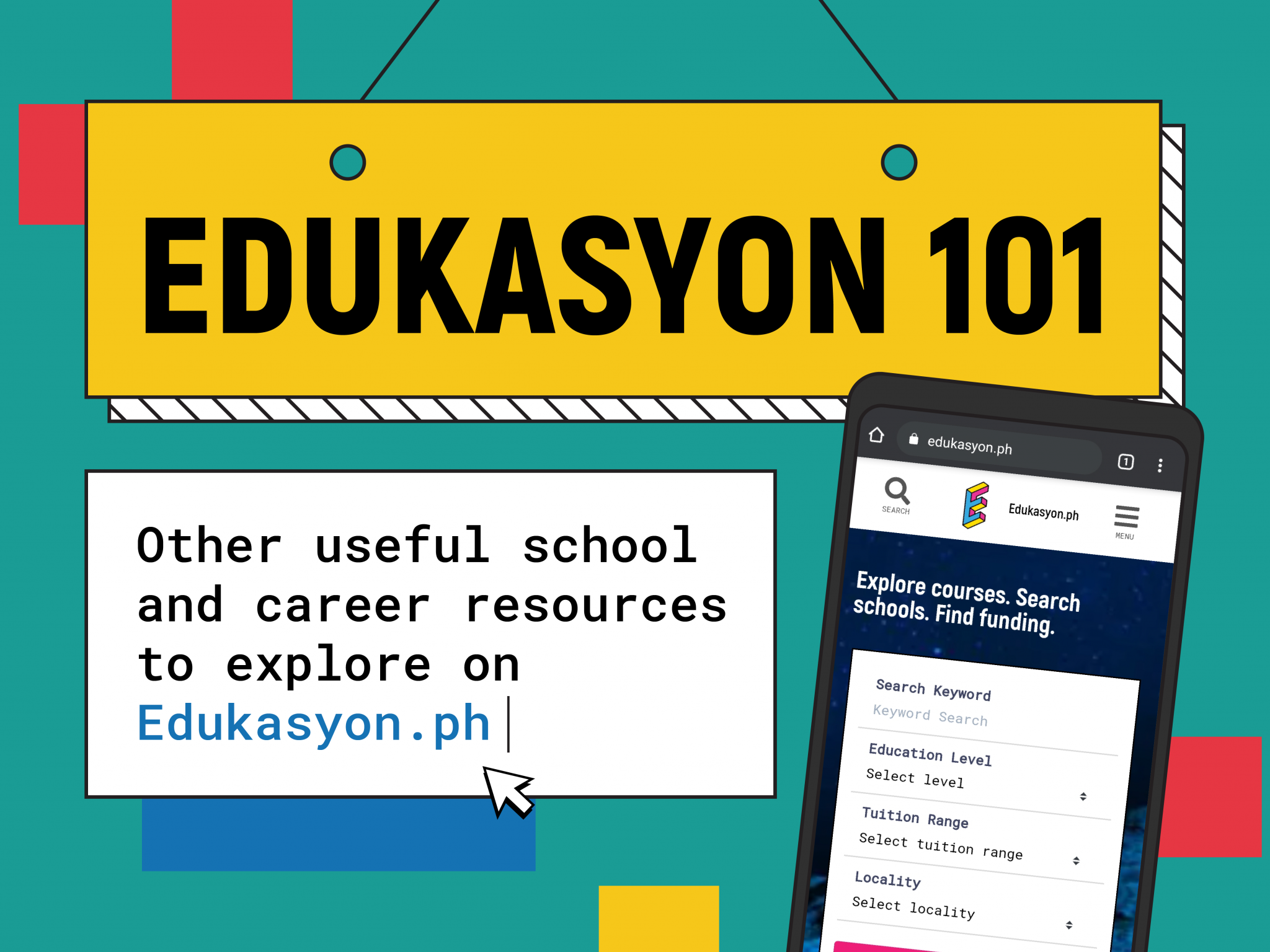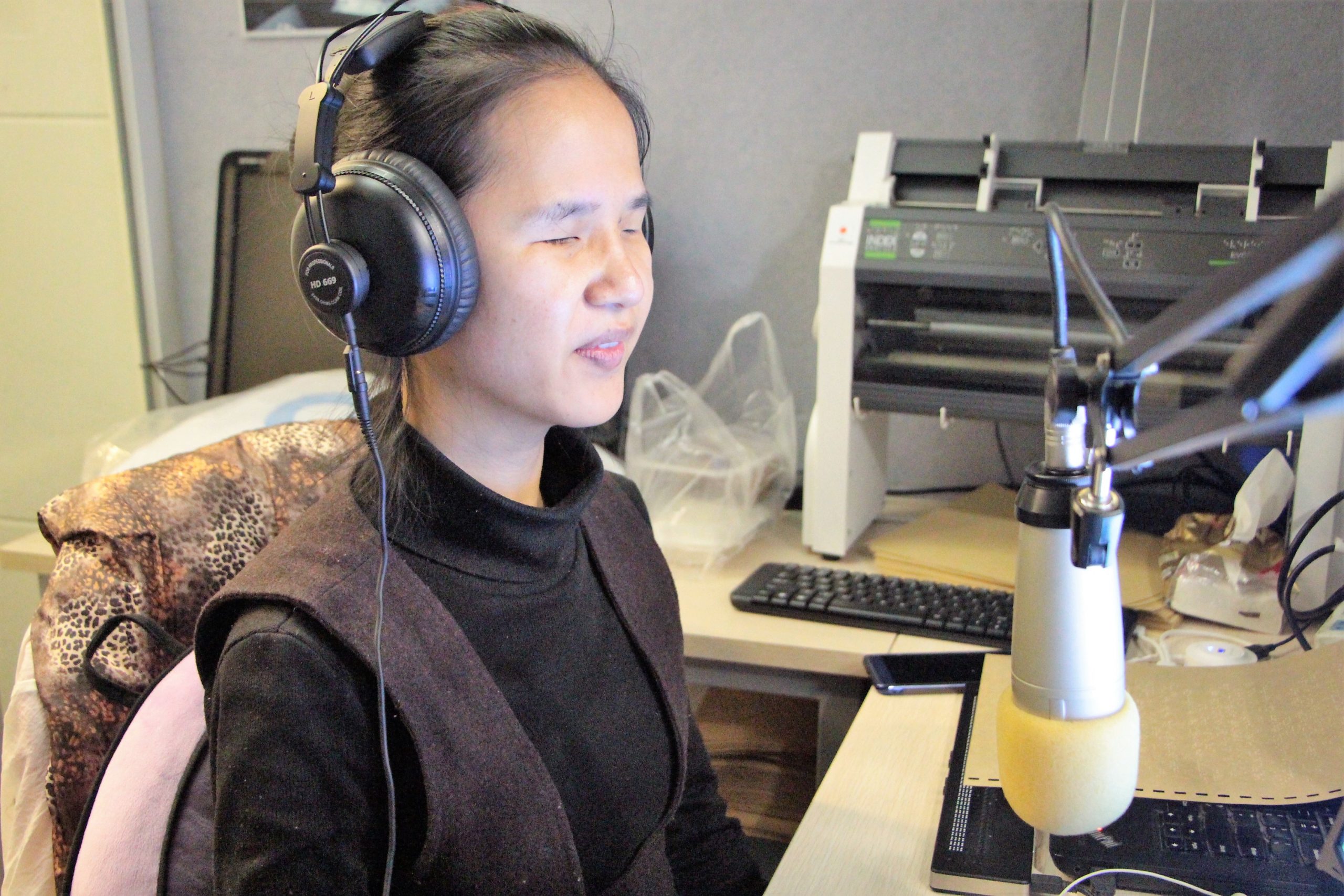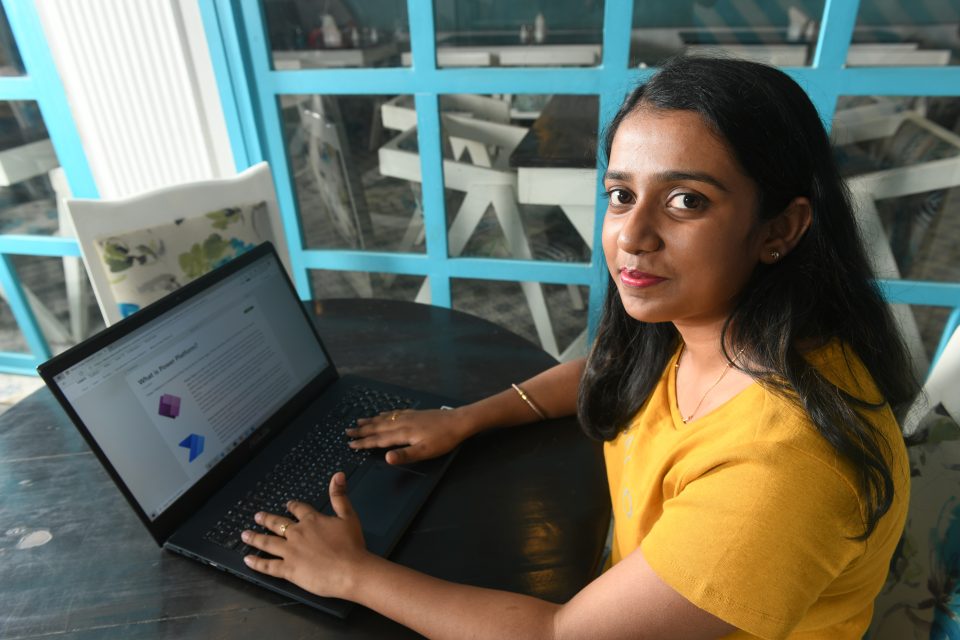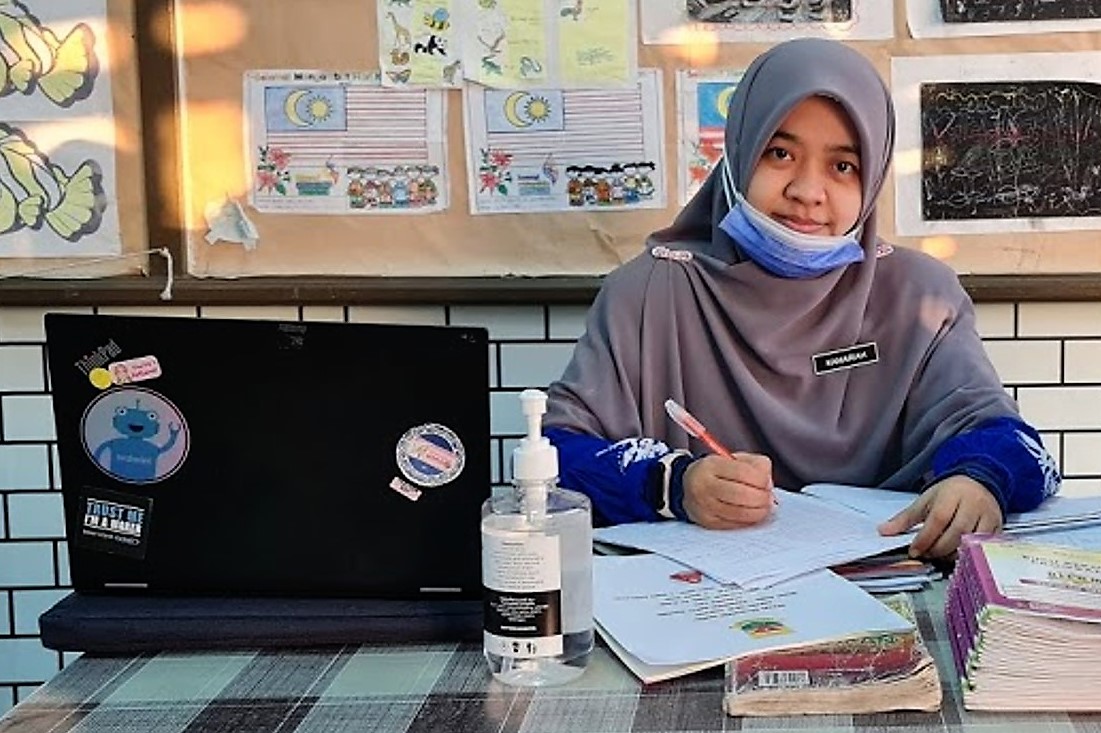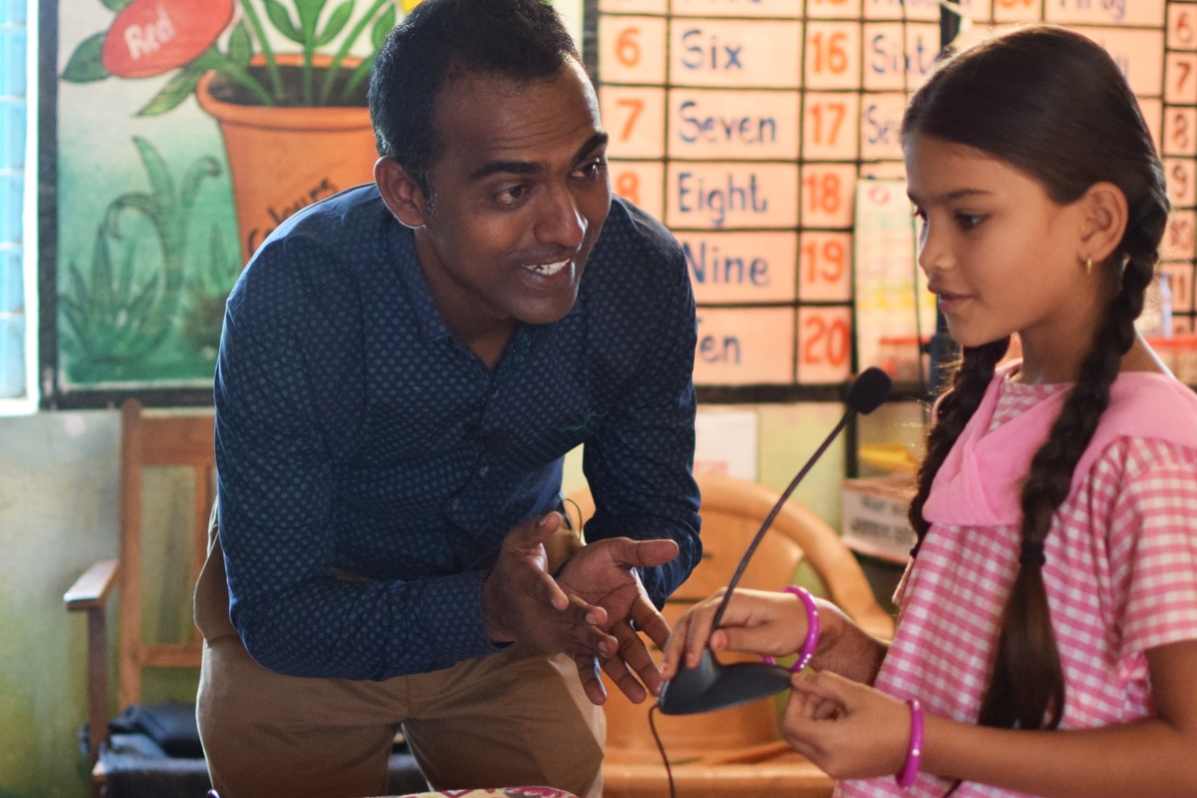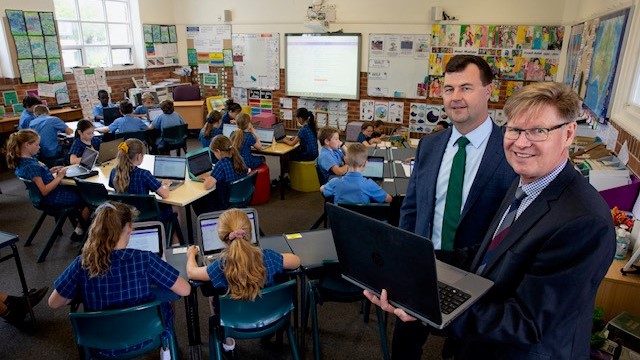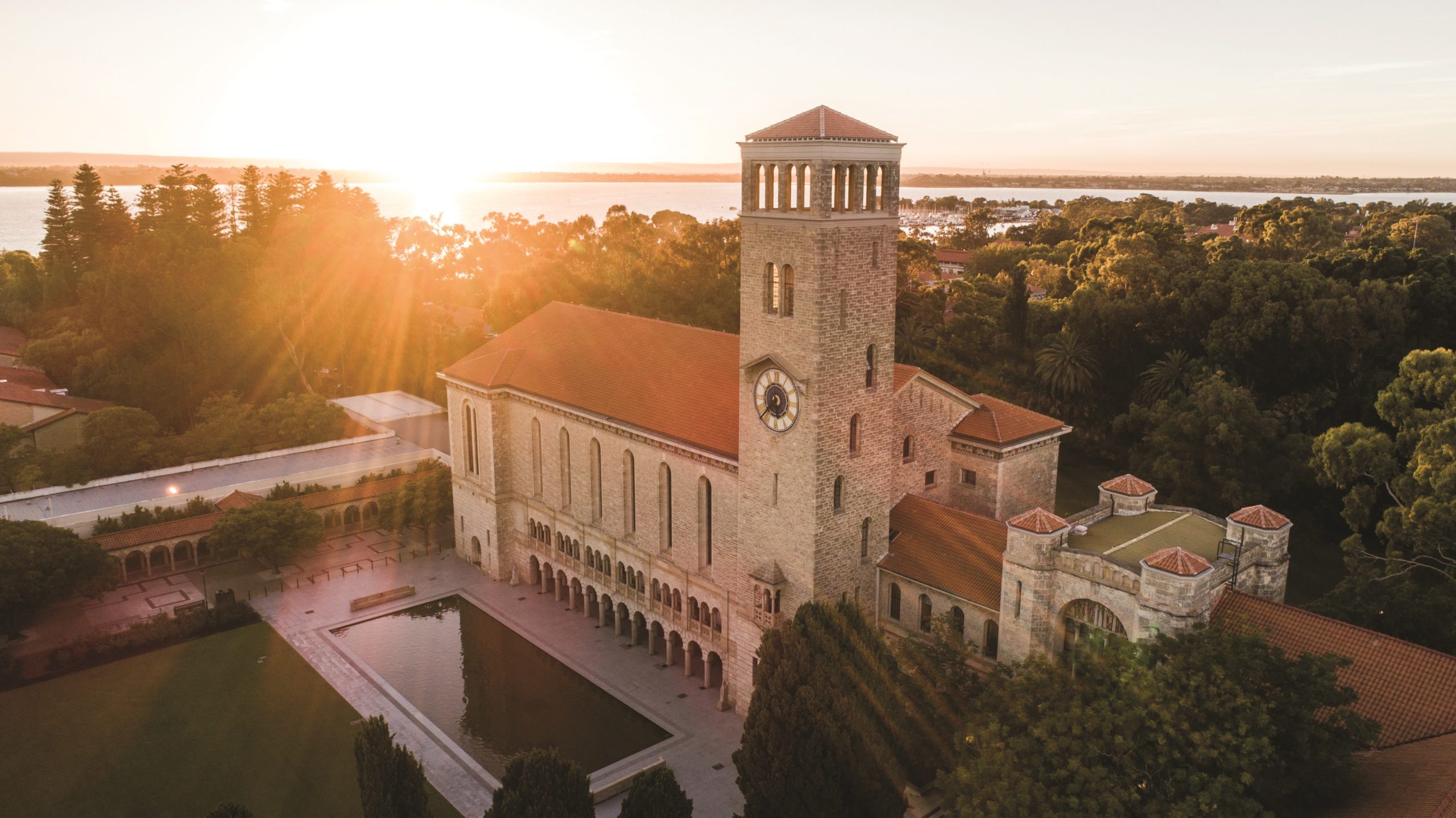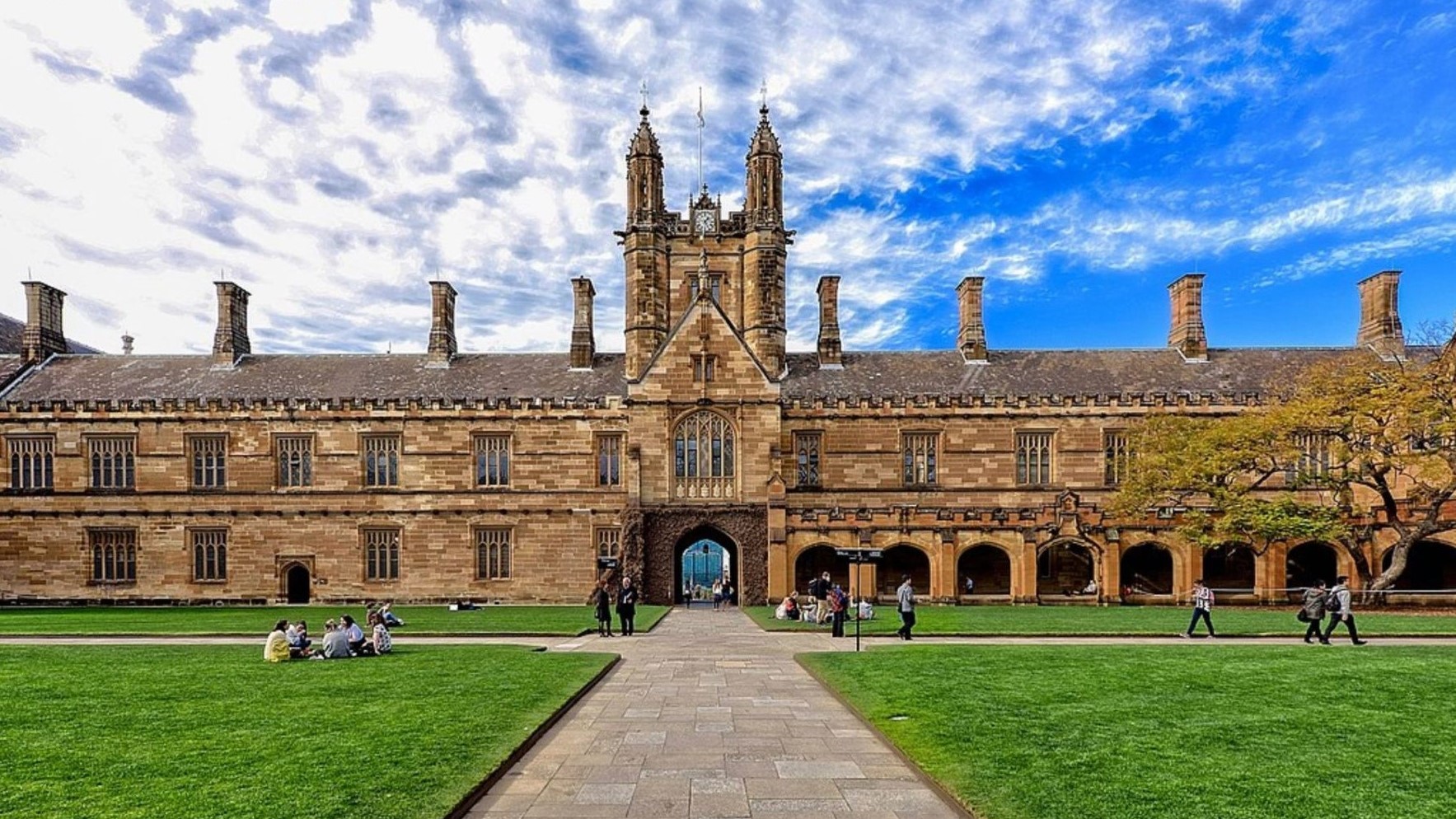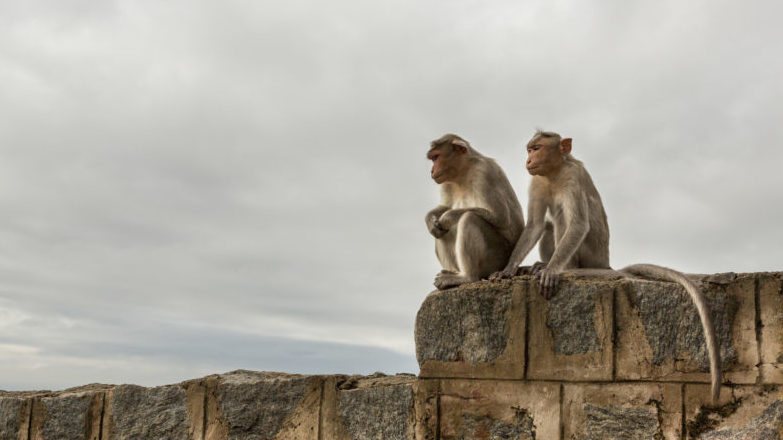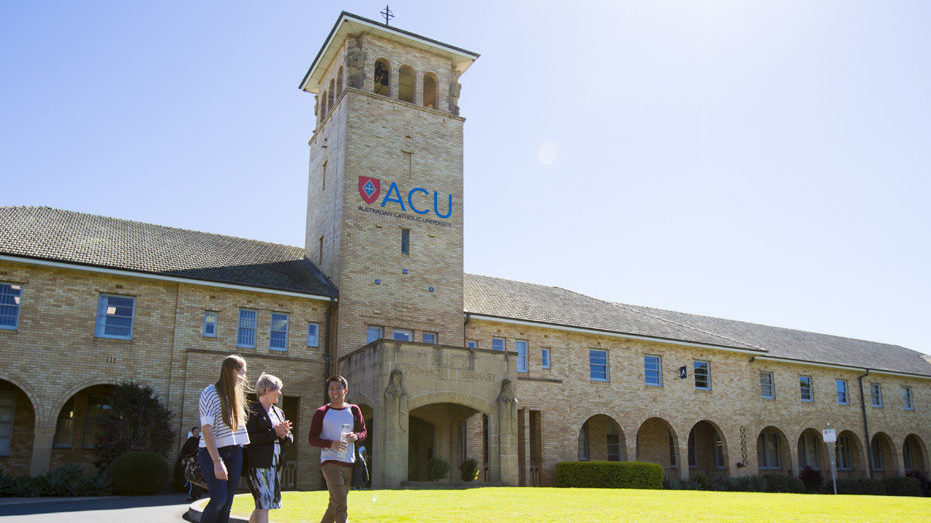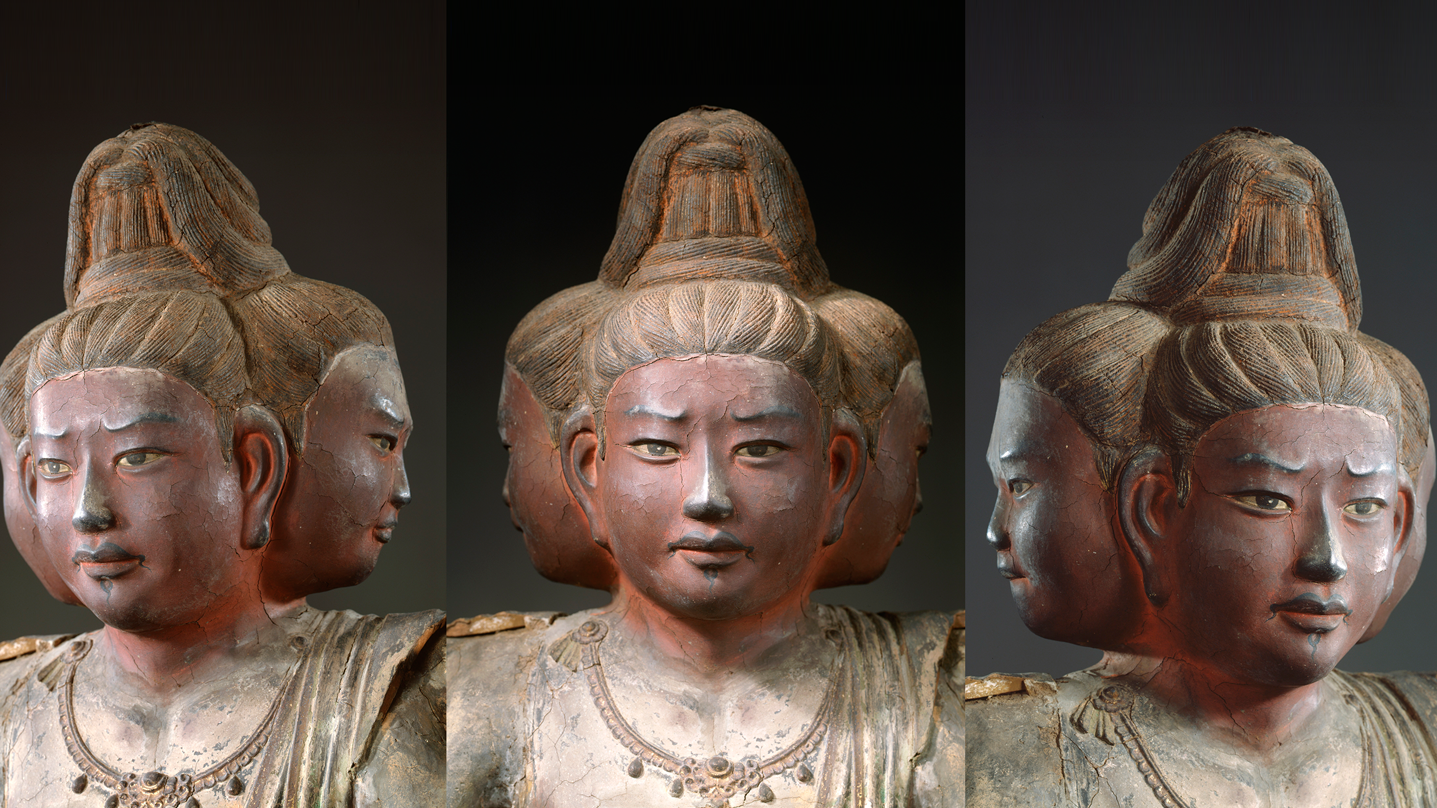
Education
Beijing Hongdandan Visually Impaired Service Center
Lina Dong — the first blind person to be certified as a broadcaster in China — is now using her voice and volunteering at Beijing Hongdandan Visually Impaired Service Center to generate high-quality audiobooks for students. Using samples of her speech, Custom Neural Voice, a new text-to-speech capability in Microsoft Azure Cognitive Services, generated a real-to-life voice that comes close to hers.
Massey University’s School Of Aviation
Massey University’s School of Aviation, a fully-fledged flight training school, dramatically transformed its systems using Microsoft Teams and the Microsoft Power Platform, by creating no-code and low-code solutions for administrative processes, streamlining communication and collaboration between faculty and students.
Microsoft Learn
The pandemic might have disrupted the education or careers of many—but not for one girl in the Himalayas. Mitra kickstarted her engineering career amid the lockdown through Microsoft’s self-learn skills program. She learned to code and went on to participate in discussions on Microsoft’s online forum and other hackathons.
Buncee
Microsoft recently partnered with Buncee, a global E-learning tool provider, to upskill 1,700 educators across the Philippines. Integrating various Microsoft applications within their platform, Buncee fosters creativity, collaboration and engagement while creating a seamless and engaging experience for educators and schools to teach and learn remotely.
Zilla Parishad Primary School, India
Ranjitsinh Disale, an educator in Zilla Parishad Primary School in western India, was surprised to find unconducive conditions and poor attendance, especially amongst female students. With the Microsoft Innovative Educator Program, he helped to enrich the class experience with technology, and developed personalized programs for each student to facilitate learning.
OpenNetLab
Microsoft Research Asia partnered with multiple universities in Asia to build OpenNetLab, a network research community project. OpenNetLab provides a robust network dataset and distributed networking platform to train and verify networking models, allowing researchers to focus on AI algorithms and models.
American International University Bangladesh
To meet the urgent need for remote learning, American International University Bangladesh (AIUB), one of the leading private universities in the country, is enabling virtual learning for its 13,000 students. Utilizing Microsoft 365 Education, AIUB now is able to facilitate class teamwork with a customized hub.
Ministry of Education, Taiwan
Taiwan’s Ministry of Education and Microsoft worked together to enable continuous learning for some 2.5 million students and 200,000 teachers from grade one to university nationwide. With newly-created Microsoft Office 365 (A1) accounts, they can now use Office 365 and Microsoft Teams for free with their National ID.
Indraprastha Institute of Information Technology (IIIT)
The population of the aggressive simian monkey in India is booming. With a lack of predators, they cause injury to humans and the displacement of other wild animals. Using the Microsoft AI for Earth grant to use AI, machine learning and Azure, an app is created and used by citizens to record the monkeys’ geolocation and movements and work towards controlling the wild population with contraception procedures.
University of Western Australia
The adorable quokkas of Rottnest Island are now classified as endangered. A team from the University of Western Australia (UWA) was recently awarded the AI for Earth Compute Grant to design “scat drones” along with high-powered cloud computing to obtain and analyze their genomic samples from around the island to study the cause of their extinction.
Australian Catholic University
The Australian Catholic University employed a cloud-based enterprise data warehouse to make the data collected from students throughout their university journeys more accessible and available, facilitating the university to make better-informed decisions with these data.
Vivekanand Education Society’s Institute of Technology (VESIT)
The Vivekanand Education Society’s Institute of Technology in India is using an AI-based model developed on the Azure platform to help study the impact of climatic factors and pollution on the spread of tuberculosis (TB). By testing multiple machine learning and neural network models, they are improving the accuracy of its prediction model to help foresee TB hotspots.





